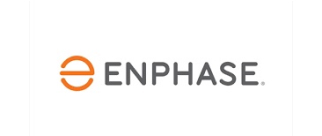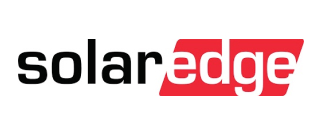TRUE COST OF GOING SOLAR
The True Cost of Going Solar: Learn How Much You Pay & What You Save
Climate crisis is at its peak and so are utility prices. This is the best time to go solar.
But here’s an issue most homeowners face before installing solar panels for home: they are not sure how much they will have to pay, what will be the mode of payment, and whether at all it will be a good investment for the future.
Find out what’s the true cost of going solar. We break down the myths for you.
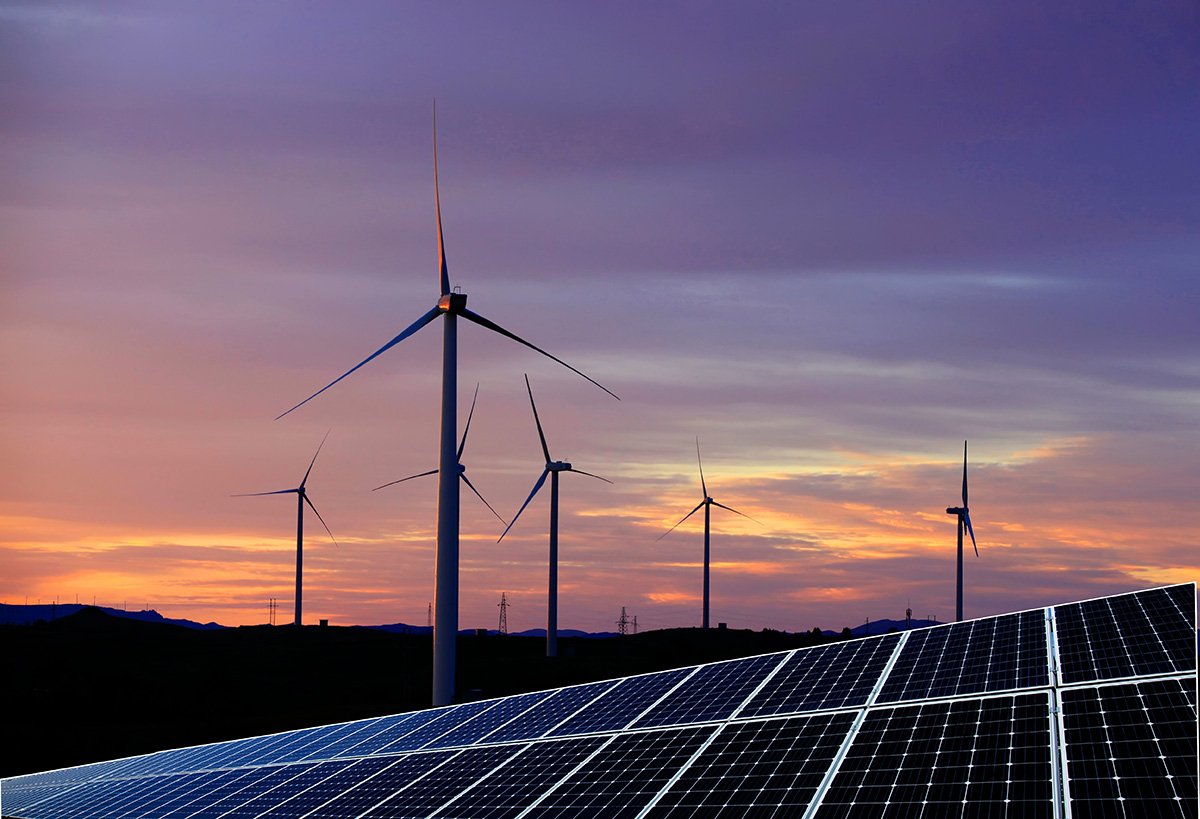
How Much Does It Cost to Install Solar Panels for Home?
The combined cost of solar panel installation and the setup can be anywhere between $15,000 to $25,000.
You must be wondering why the range is so huge.
It’s because solar panels don’t come with a one-size-fits-all pricing model. The actual cost of solar depends on many factors that can change from case to case.
Factors That Affect Solar Panel Cost
Type of Installation
You have the option to choose between roof-mount or ground-mount solar.
For roof-mount systems, you don’t need to build a new structure, having a rooftop in good condition is all you need.
But a ground-mount solar system needs a backyard or lawn, a foundation, and reinforced poles, so the expense and labor charge is higher.
Type of Solar Panel
Monocrystalline panels, polycrystalline panels, and film solar panels are some of the popular types of solar panels. Monocrystalline is the most expensive, but it also happens to be the most efficient.
So the type of panel you choose will reflect on the overall cost.
Type of Solar Inverter
Whether you choose a string inverter, micro-inverter, or power optimizer—they will impact your solar panel installation cost. Among the three, string inverters are the most cost-efficient.
Batteries
Batteries are not necessary if you are connected to your local utility grid.
But if you decide to invest in batteries for your PV system, it will add up to the total solar panel cost.
Batteries vary in their capacity—the higher the capacity, the higher the price.
Energy Needs
Your current utility bill will give you an estimate of your household’s energy needs.
The solar company will install a certain number of panels based on this information and determine your solar panel price. Households with high electricity requirements have to install more panels.
Shading
If you’re installing a solar system on a roof that doesn’t have consistent access to direct sunlight, you’ll need more solar panels to meet your energy needs. Evidently, the solar panel price will go up.
Want to know how much you’ll pay upfront to go solar..?
How Do You Pay for Solar Panels?
There are three ways you can finance your solar panel—up-front cash payment, loan, or lease. An up-front payment protects you from future electricity rate increments.
A solar panel lasts for around 25 years, and the ROI you generate from this investment will be quite high.
If you have enough funds at hand, this is the best way to buy a solar power system.
Another way of financing is to take a solar loan. You don’t pay anything up-front, but you get to enjoy the benefits of solar against a small monthly payment.
With this option, you own the solar system, and you’re responsible for its maintenance.
However, in the long run, the ROI will offset the loan amount and interest rates.
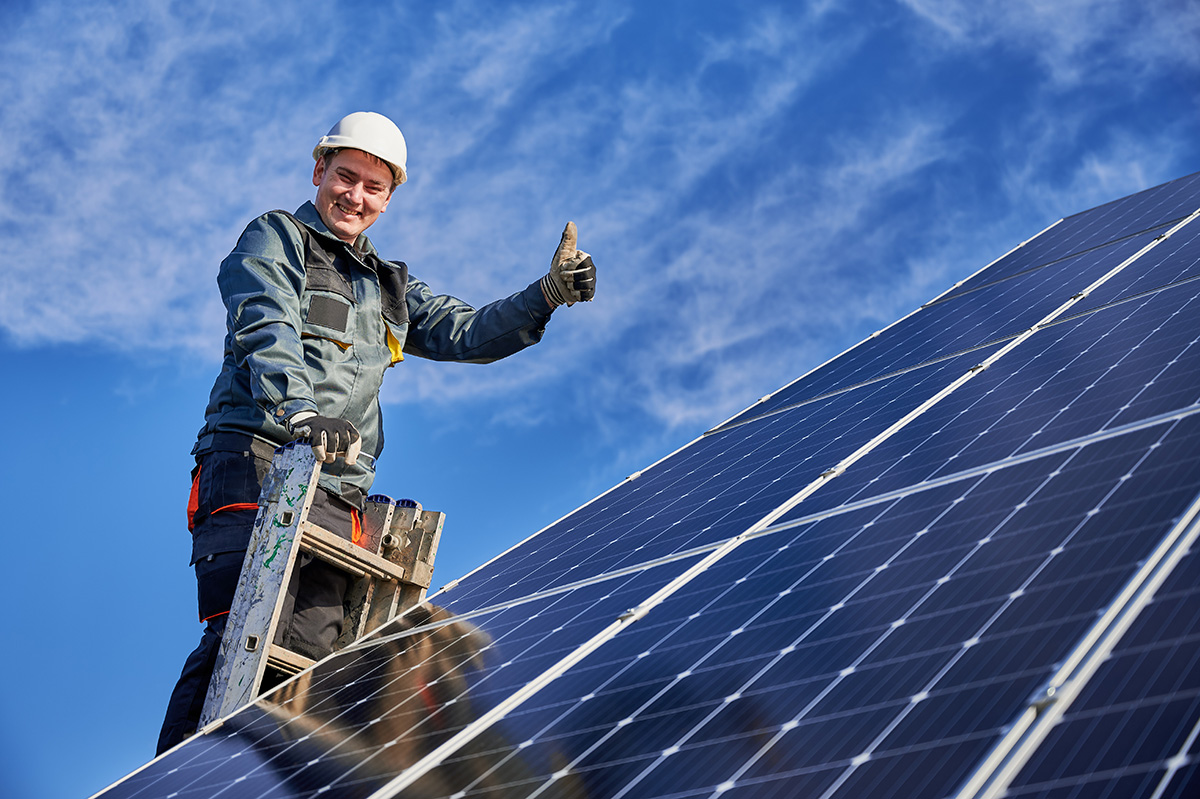
Lease is another payment method. A third-party provider installs the solar panel on your behalf, and you purchase the electricity generated by the panel against a prefixed monthly rate.
But you’re not the owner of the panel, so you’re not eligible for tax incentives, and the solar system will not increase the value of your property.
How Do You Save Money With Solar Incentives?
When you install solar panels, the federal and state government offer you several tax incentives.
If you qualify for these, you’ll end up saving a big amount on your total solar equipment and installation expenses.
1. Federal Tax Incentives
Installing solar panels now will make you eligible for a 30% solar tax credit for the next 10 years, i.e., till 2032.
It will drop down to 26% and 22% in 2033 and 2034, respectively. With this tax credit, this is the best time to invest in solar panels for home.
2. State Tax Incentives
State-provided solar tax incentives are not the same in all states but almost all states offer some kind of tax benefits.
New York, Iowa, Connecticut, Rhode Island, and New Mexico are some of the states that offer the best tax incentives for going solar. If your state offers these incentives, you can claim them on top of the federal tax credit.
3. SREC
Some states give you an incentive for generating clean and green energy called Solar Renewable Energy Credits (SREC).
One SREC shows that your solar panel has produced 1 MWh of electricity. You can sell these credits in the open market if your system is certified and registered in your state.
4. Net Metering
In most cases, your solar panels will generate a lot more energy than you need.
When your home solar system is connected to the local utility grid, you pass on the excess energy to the grid, and in return, you earn credits.
This is known as net metering. This amount gets adjusted from your total utility bill and as a result, you end up saving big bucks.
5. Property & Sales Tax Exemption
Home renovation bumps the total value of your property and attracts increased property tax rates.
Solar installation increases the value of your home as well but with property tax exemptions, you won’t have to pay additional taxes, even when you’re enjoying a higher home value.
Based on the state your property is located in, you can also get sales tax exemptions on the price of solar equipment!
Combine all of these exemptions and freebies, it’s no wonder homeowners are installing solar everywhere.
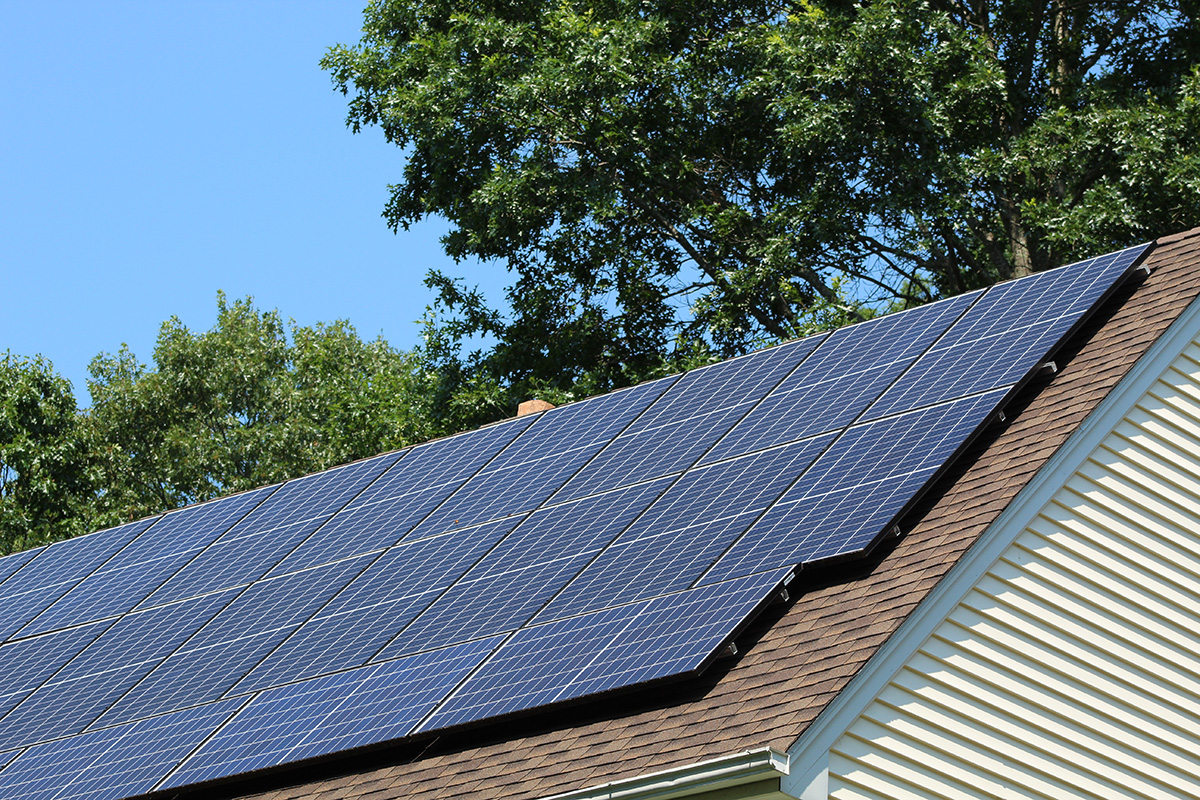
Solar Installation for Low Income Groups
Solar may seem like an attractive investment from tax perspectives, but what about those whose annual income is not taxable? Low-income households often end up paying a larger share of their income towards energy expenses, as compared to higher-income groups.
The initial installation cost may not be affordable for these households, and signing a solar lease is not the smartest financial option, as you’ll have to bear the installments for a long time, and the overall cost will be much higher than the actual cost of solar installation.
Renting out could be a viable alternative, as you’ll own the system, and also be eligible for solar incentives.
States offer incentives for single-family homes and multi-family housing units for solar installation.
Some examples are California’s Single-family Affordable Solar Homes Program (SASH), Colorado’s Weatherization Assistance Program (WAP), Washington D.C. and Illinois’ Solar for All program, and New York’s NY-Sun program, to mention a few. These programs provide financial assistance to promote sustainable energy and reduce the energy burden of low-income families.
If you fall in this bracket, your local authority might have something saved for you.
How Does a Solar System Add Value to Your property?
While the initial cost may be hefty, the long-term benefits of solar provide a high return on investment that makes it a smart choice.
The solar panel you install will provide value to your home in more ways than one.
It’s a significant upgrade for your property, increasing your home value by 4.1% on average. If you decide to sell your property in the future, chances are you’ll get a higher price.
Another way it benefits you is through monthly savings.
Right after you install solar, your energy costs will get reduced by $1500 annually (on average), and over the years, these savings will pay off your installation cost.
Net metering, federal and solar tax incentives, and tax rebates make the deal even more attractive and bring down the total installation cost.
So ultimately, with solar energy, you gain a lot more than what you pay.
Testimonials
“Choosing Lotus Energy was the best decision I made for my home. Their solar panels are incredibly efficient, and I’m already noticing a considerable drop in my energy bills. The team was professional and made the entire install process hassle-free.”
“The installation was seamless, and their solar panels are top-notch. I’m thrilled with the savings and the environmentally freindly impact in our choice to go solar. Highly recommend Lotus Energy for anyone considering solar power”
“Switching to solar power with Lotus Energy was a game-chamger for me. I significantly reduced my energy bill, and the installation process was smooth, and their customer service at Lotus is exceptional. You won’t regret your decision to go solar.”
UTILITY RATES ARE SKYROCKETING
Utility rates have increased by more than 50%. Stop renting your power and find out how much you could be saving with Solar.
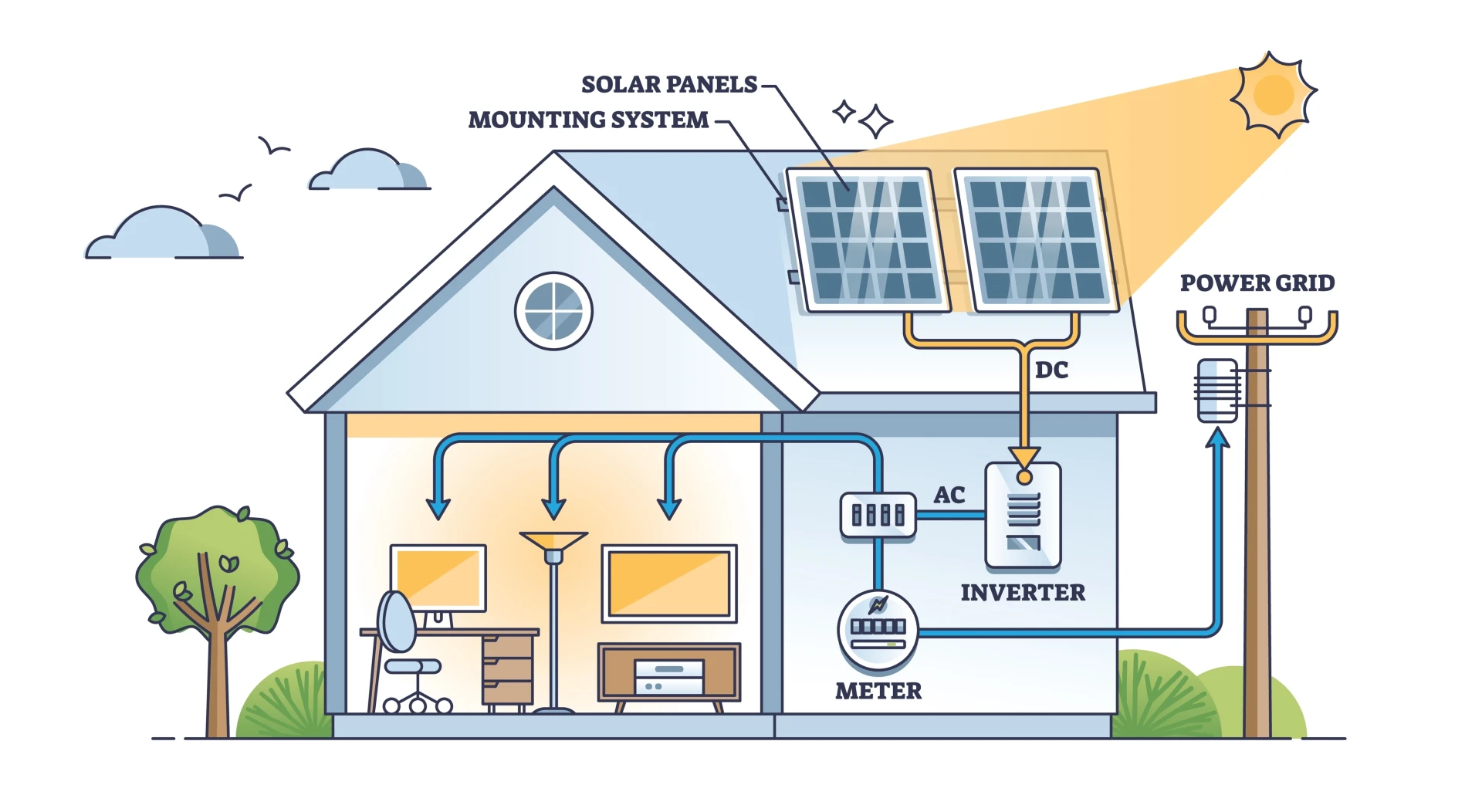
Call (888) 881-3062
FREQUENTLY ASKED QUESTIONS
Cutting your power bills down to size isn’t the only way solar power saves you money. You may also be eligible for tax credits. These incentives are designed to encourage solar energy use.
Q: What is the process for going solar?
A: After you complete your solar panel purchase, we will forward your paperwork to our trusted installer partner. Our project team and the Installer will then work together to customize your design plan and begin the installation process. Once the system is installed and connected to the grid, you can start enjoying the benefits of solar energy and begin saving on your energy bills!
Q: How long will the installation process take?
A: The length of the installation process can vary depending on factors such as the size of the system, location, and utility company. On average, the installation process takes between 2 to 4 months from start to finish. Our team will work closely with you throughout the process to ensure that everything is completed as efficiently and quickly as possible.
Q: Will solar panels affect the value of my home?
A: Absolutely! According to recent reports, solar panels can increase the value of your home right away. In addition to saving you money on energy bills, solar panels are an attractive feature for homebuyers who are looking for homes with sustainable and eco-friendly features. By installing solar panels on your home, you can potentially increase its resale value and make it a more attractive option for potential buyers.
Q: What happens to the system if I Move?
A: If you own your solar panel system, you can relocate it or include it in your home’s value. If you leased the system, you can pay it off and take it with you or transfer it to the new homeowner. You can also include the payoff amount in your listing price.
Q: Can I store excess energy generated by my solar panels?
A: Yes, you can store excess energy generated by your solar panels by installing a solar storage battery. If your system includes a battery, any excess energy produced will be sent there for later use. However, if your system does not have a battery, excess energy will be sent to the utility grid until sundown and credited to your next billing cycle.
Q: Can solar panels be added later?
A: If your roof has the room for additional panels, you can install more panels!
Q: What happens during a power outage or bad weather?
During a power outage or bad weather, your solar system will shut off automatically for safety reasons. This is because it’s not safe to send power out to the grid while workers are attempting to fix the power outage. Although weather conditions such as rain and snow can affect system production, solar panels will still continue to produce energy on a cloudy or foggy day. Our free solar wizard includes battery backup information!
Send Us a Message
Call (888) 881-3062

